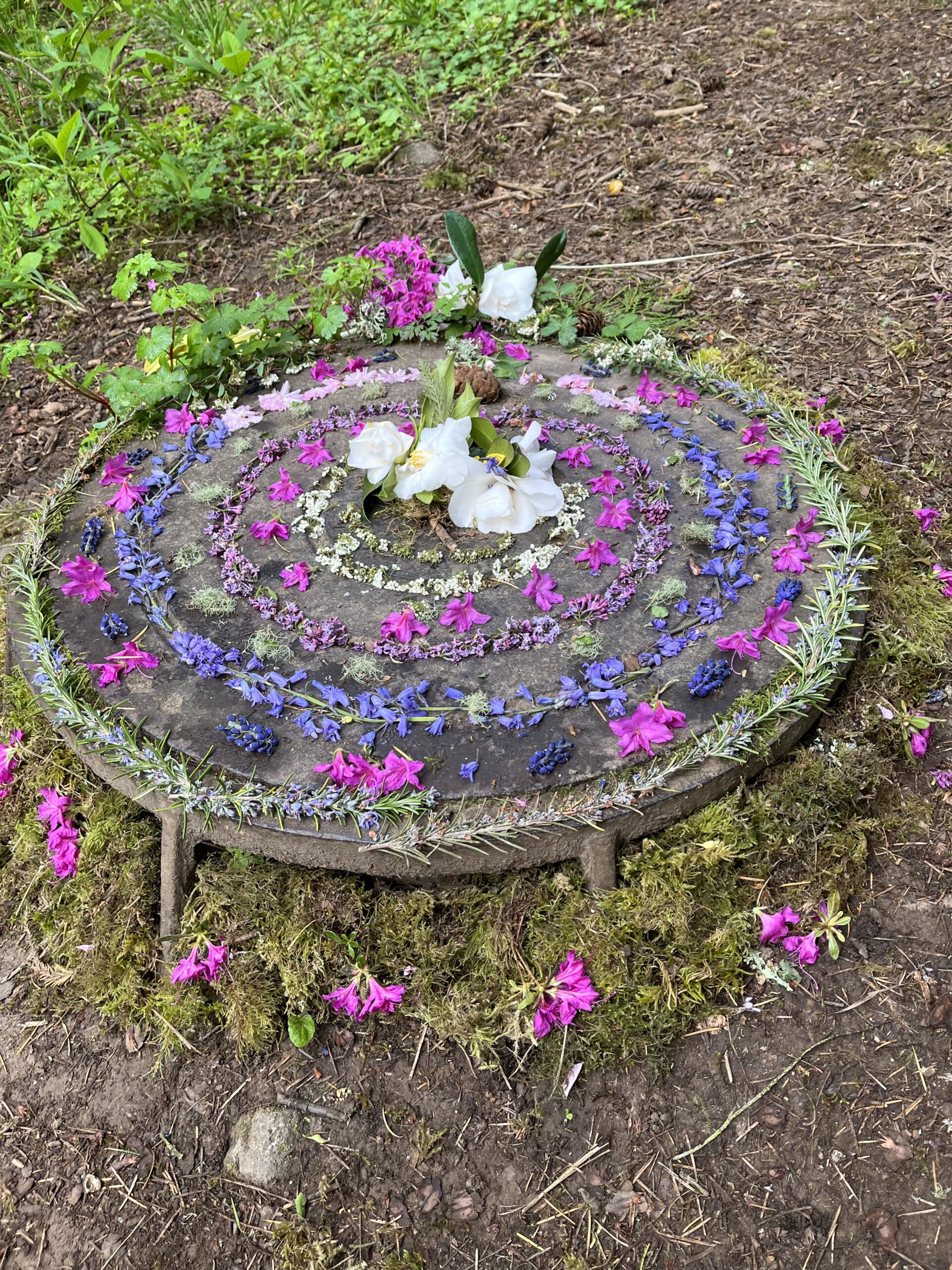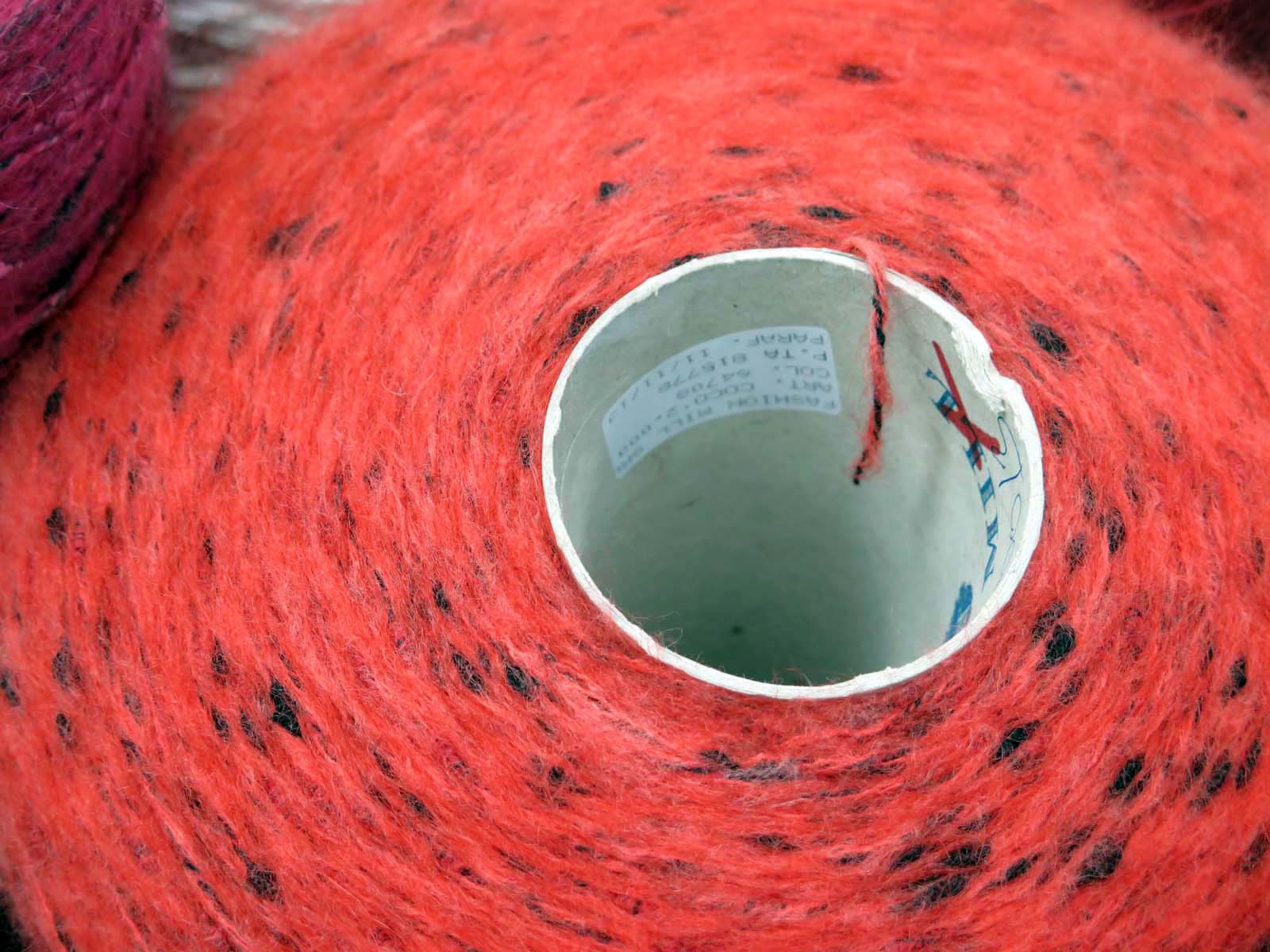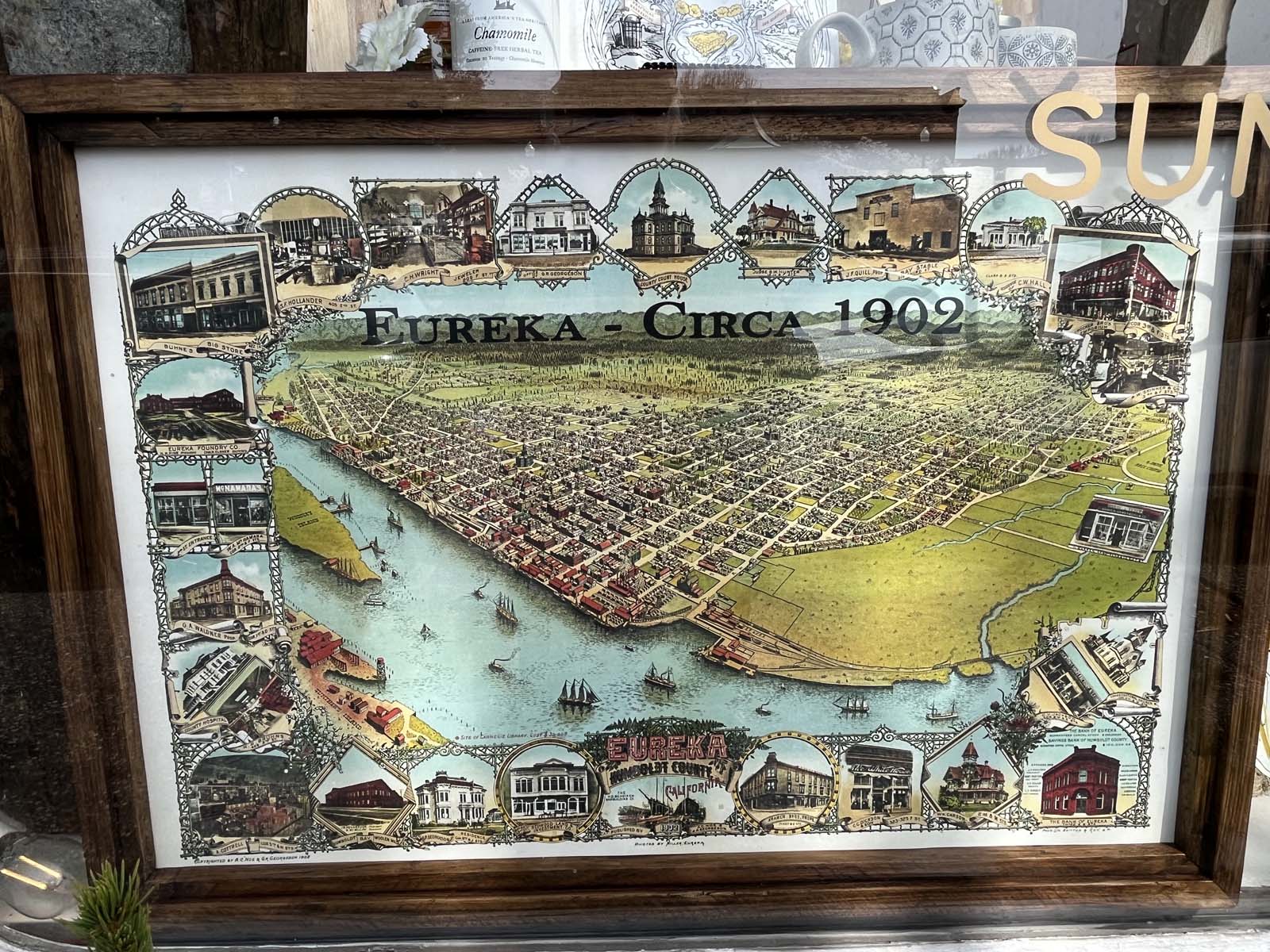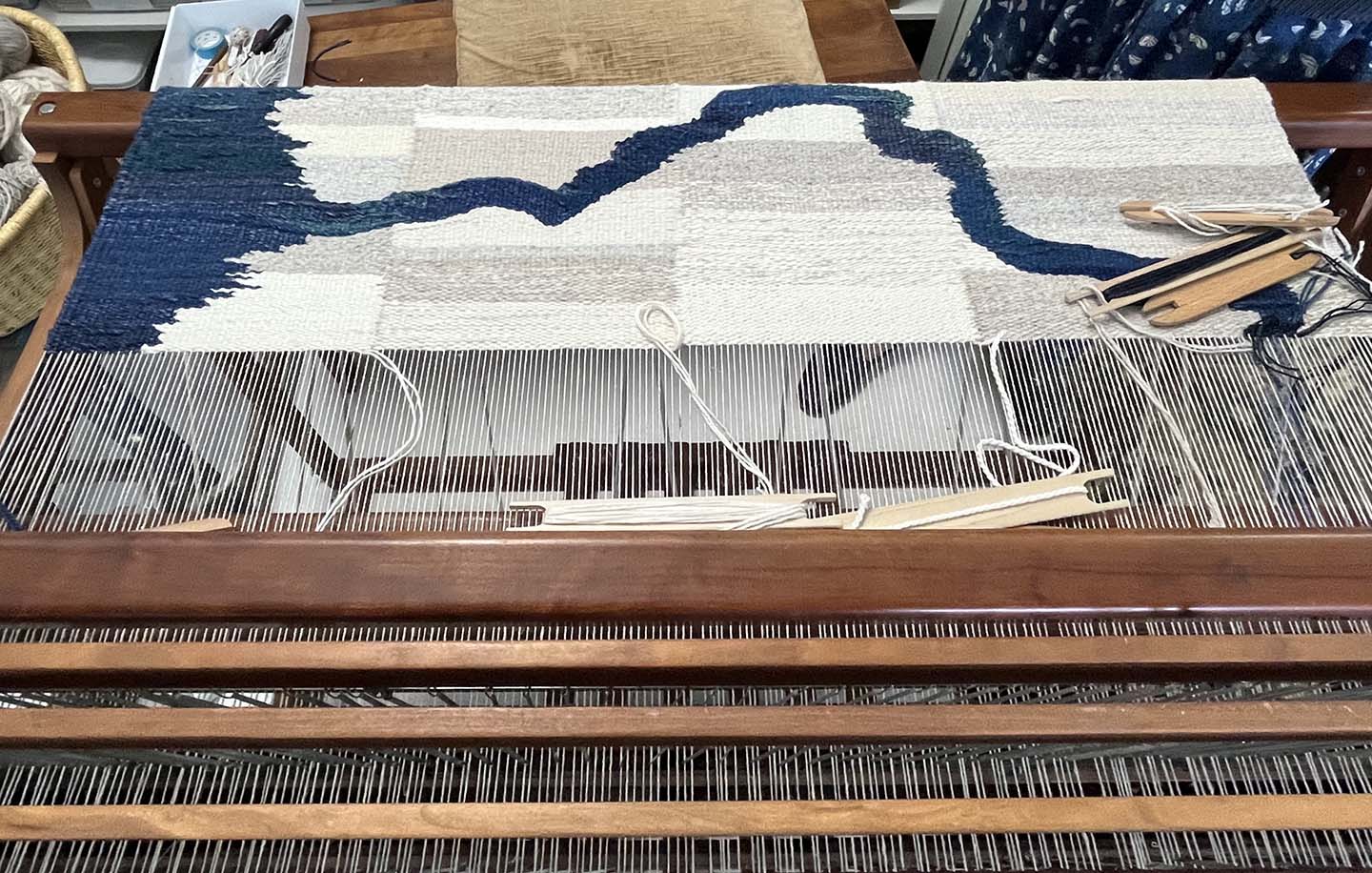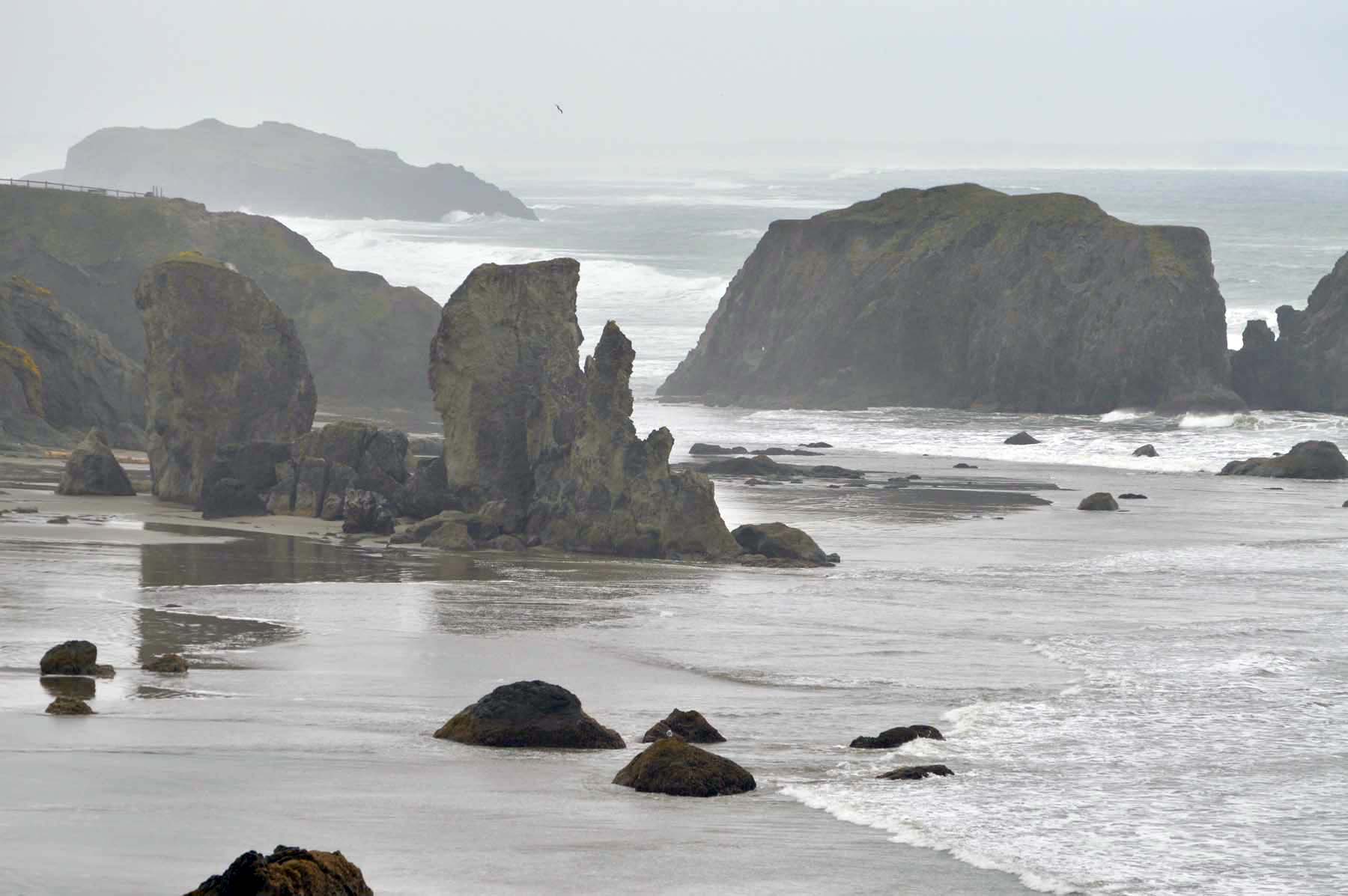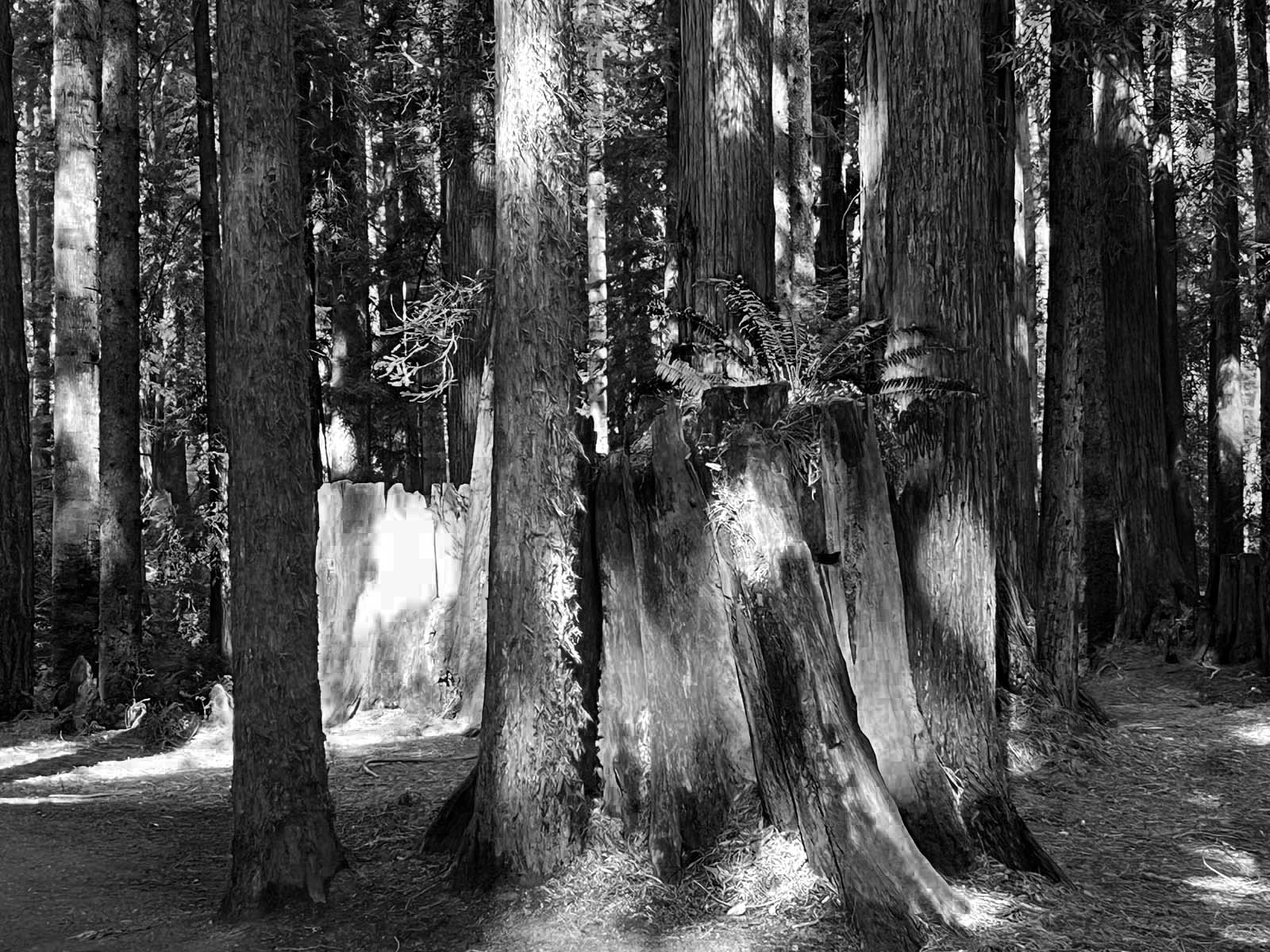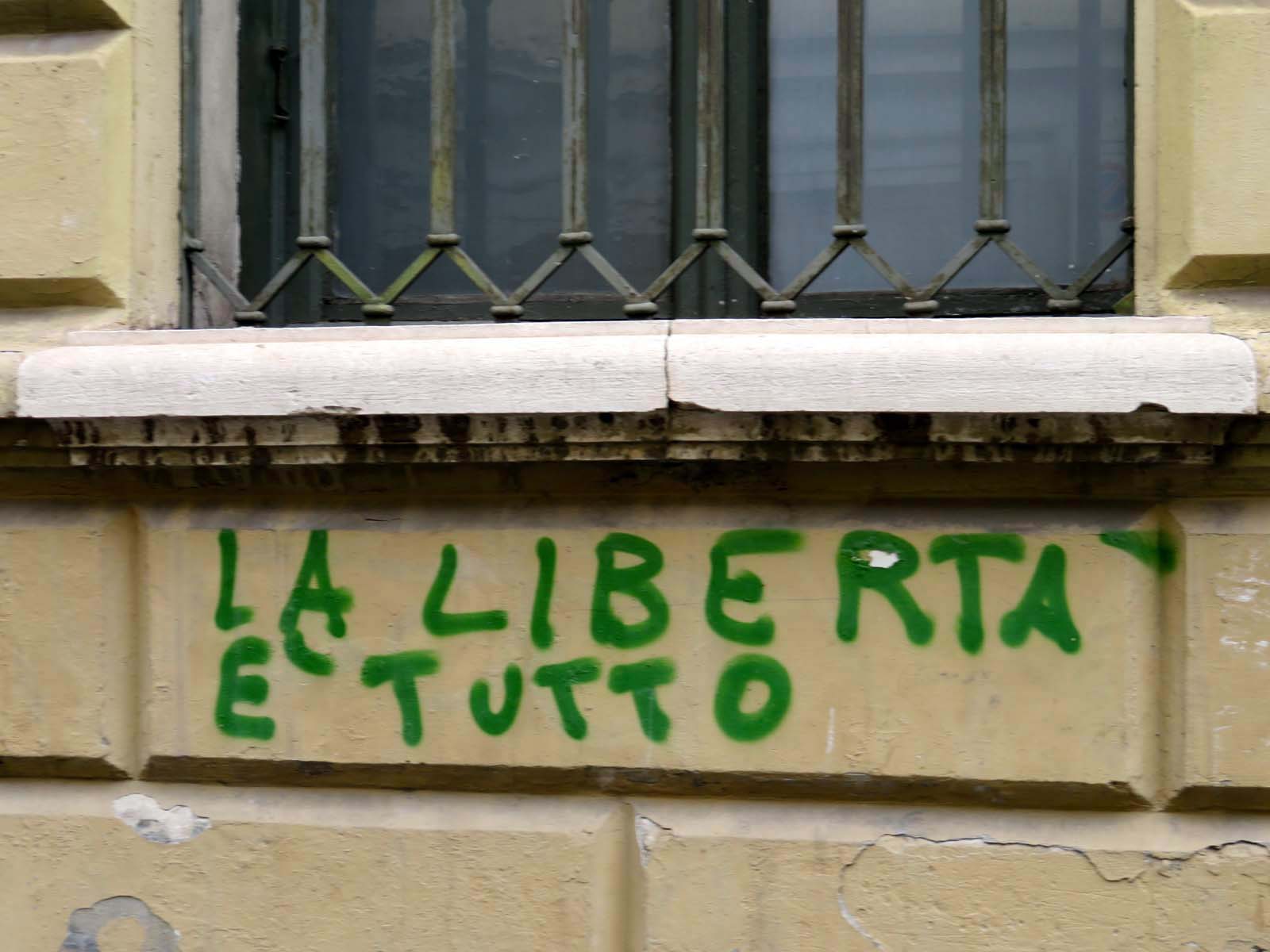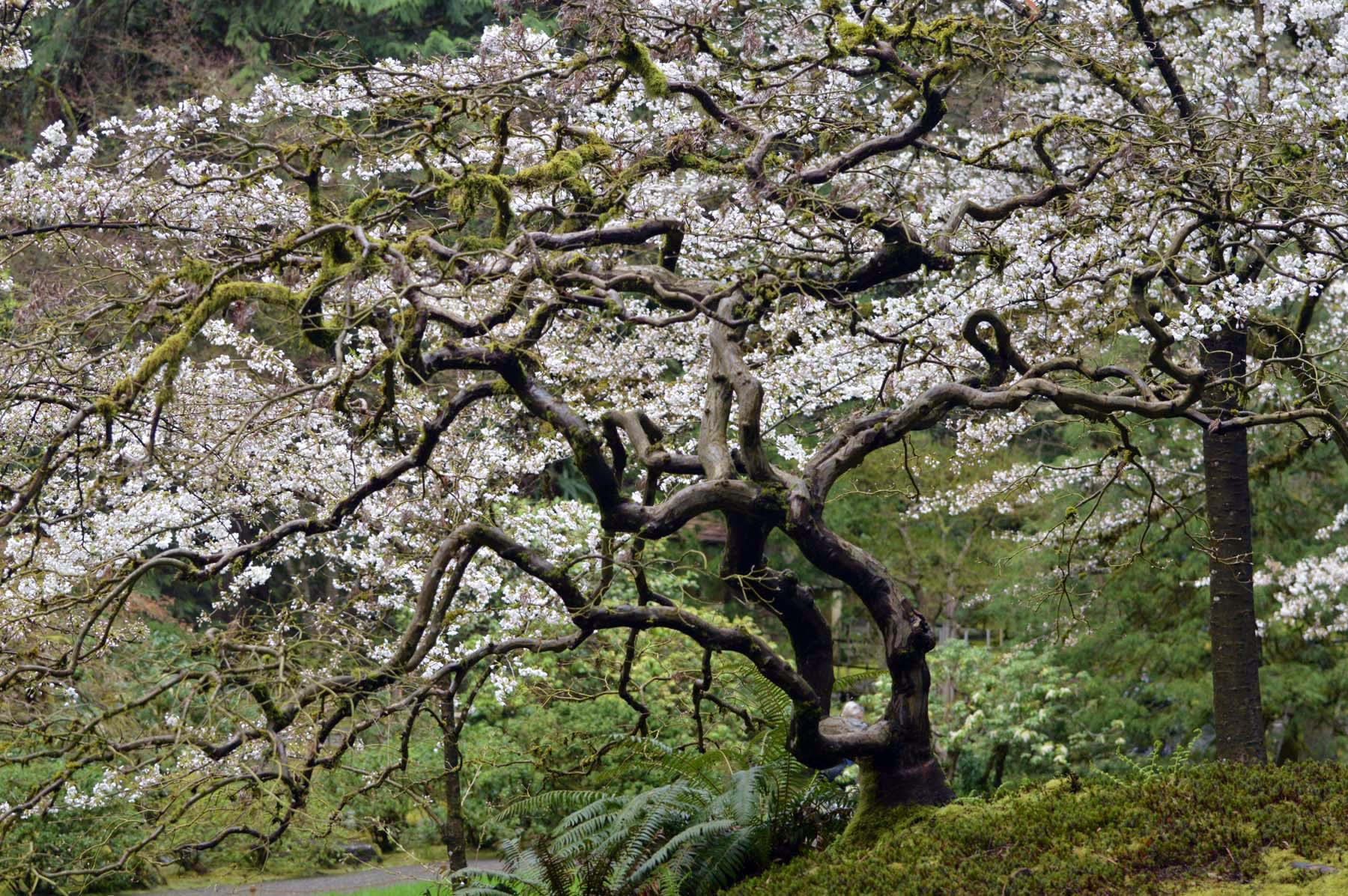There is a woman in my neighborhood who spreads beauty. She lays out blossoms and greenery into flower mandalas at a local park, refreshing or changing them ever so often, usually early in the morning, before anybody sees her. I don’t know who she is, or her motivations, but I know this: the joy of walking by these little works of art and discovering new patterns and/or colors (never mind learning about what is currently in bloom) is immense. It feels like we have our very own local flower fairy. Or, for differently inclined people, a hint at the powers of Gaia, the earth Goddess, who appreciates, by all reports, these kinds of offerings…

What I appreciate is living HERE, amongst people who are kind and offer gestures of comfort or encouragement. Or remind us of beauty. People who give to 2-can Tuesdays, leaving food items for the local hungry, dependent on Neighborhood House food pantries, under their mailbox every Tuesday, to be picked up by volunteers. People who will soon start to exchange the overflow produce of their gardens, people who don’t know your name but that of your dog, from friendly chit-chat on the daily dog rounds. Or people who are handing out ACLU cards with printed instructions in different languages about what to do when stopped by police, ICE or the FBI. People who offer rides to the doctor, or free translation services.
There is a term in Yiddish, doikayt or doikejt (in english-speaking or german-speaking countries respectively) that refers to Hereness – the idea that you should live and fight for what is right, what you believe in, right where you live and not in some distant place or in nationally defined borders. It was a guiding concept to the Eastern-European Jewish Labor Bund, a secular, socialist, Jewish party dedicated to fighting for a better world and against anti-Semitism, founded in Vilna in 1897. Rather than following Zionist ideas (officially founded in the very same year) or emigrating to the U.S., they favored integration at the local level. The Bund believed that culture, not a place or state, would be the glue that held our people together, within the context of a world of multicultural and multi-ethnic countries. Here is an interview about the history with artist and writer Molly Crabapple, who is working on a book about Doikayt. It gives some background and is generally wonderfully snarky and informative.

I think the concept, hereness, should really be held in a more universal way, constructively appropriated from the original ideas of the Bund, then relevant to the Jewish Diaspora. We all should focus on the “here” in making our communities places where we can live in dignity, provide mutual support, protect the planet, and take that ideology with us whenever and wherever we are forced to move, by circumstance outside of our control. Moves that these days might very well be forced on many of us, by geographic, economic, catastrophic or political circumstances, integrating into ever new communities.
Returning to the flower lady, local support can be as simple as small gestures of spreading joy in times when it is increasingly more difficult to come by that commodity… joy reinvigorates, strengthens. But small gestures that you yourself are capable of, can also add up to inoculating you against larger dangers, making it less likely to sink into indifference because so much is overwhelming. Psychologist Robert Cialdini‘s principles of commitment and consistency apply here (even though developed for marketing strategies.) Once you have committed with a small step, you are likely to engage in larger ones later, feeling bound to the principle of consistency.
Why would this matter? I am reminded here of a quote by Gordon Hirabayshi, a Seattle-born Japanese American who fought legally against the internment policies of the government in 1942.
“We had the Constitution behind us in 1942. It didn’t because the will of the people (wasn’t) behind it.”
(We might take note, given current events, of the legal issues surrounding internment of American citizens.
“Hirabayshi’s case before the Supreme Court, Hirabayashi v. United States (1943), was the first challenge to the government’s wartime curfew and expulsion of Japanese Americans. The Court ruled against him 9-0. In the 1980s, 40 years after his wartime convictions, Hirabayashi challenged the decisions with a little used legal recourse called coram nobis, which allowed for judicial review of a judgment based on factual error not known to the court at the time the judgment was delivered. Researchers and legal scholars Peter Irons and Aiko Herzig-Yoshinaga had uncovered irrefutable evidence that the government had withheld information from the Office of Naval Intelligence, contradicting the United States Army’s claim of widespread disloyalty among Japanese Americans. This was the so-called “military necessity” rationale for the evacuation. In fact, not one Japanese American was ever convicted of sabotage or espionage during the entire war. Hirabayashi’s exclusion and curfew convictions were overturned in 1986 and 1987 respectively.”

***
The will of the people – it will be influenced by our perceptions of ourselves guided by moral principles, rather than governed by fear. No one is asking you (yet) of hiding someone in the attic. But, of course, there are other ways of strengthening the struggle for justice and equality at the local level, and sometimes the means are provided from farther away. I am thinking here of two national data bases that affect the local level.
One is this one. There are over 700 Oregon businesses that have chosen to be listed as PRO-MAGA businesses. You can check them out and then decide what to do with that information…..
Another one is a data based established by Georgetown Law students (2Ls no less) recording law firms’ responses to the EO singling out law firms for political retribution. They titled document “Legal Industry Responses to Fascist Attacks Tracker” and included by now more than 800 firms, assigning them to one of five stark categories: “Caved to Administration,” “Complying in Advance,” “Other Negative Action,” “Stood Up Against Administration’s Attacks,” or “No Response.”
This will help people looking for internships, or future employers, or hiring a lawyer, to make informed decisions; wherever you are locally, you can check the data base about the status of that particular firm. (It works so well that apparently some firms are now asking to have changes or updates to assignment.)

As today’s reestablished Bund demands: “We must strengthen our communities, workplaces, and economies by making them more democratic, exemplary, moral, and marked by respect for all, striving for both justice and peace.” On any given day, I might just include creating beauty.
We just need enough people. As Thomas Paine wrote in 1776 : “When a people agree to form themselves into a republic … it is understood that they mutually resolve and pledge themselves to each other, rich and poor alike, to support this rule of equal justice among them … (and) they renounce as detestable, the power of exercising, at any future time any species of despotism over each other, or of doing a thing not right in itself, because a majority of them may have the strength of numbers sufficient to accomplish it.” (Ref.)

Music today by a Viennese musician who has pursued the concept of doikayt. This album contains old Yiddish songs from the Bund and also compositions integrating the works of Yiddish poets.

